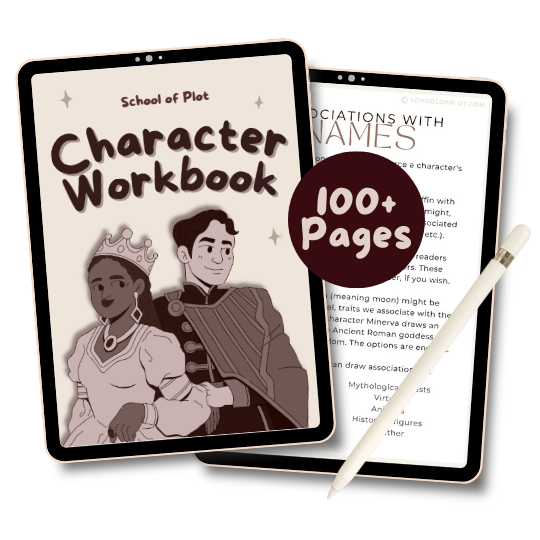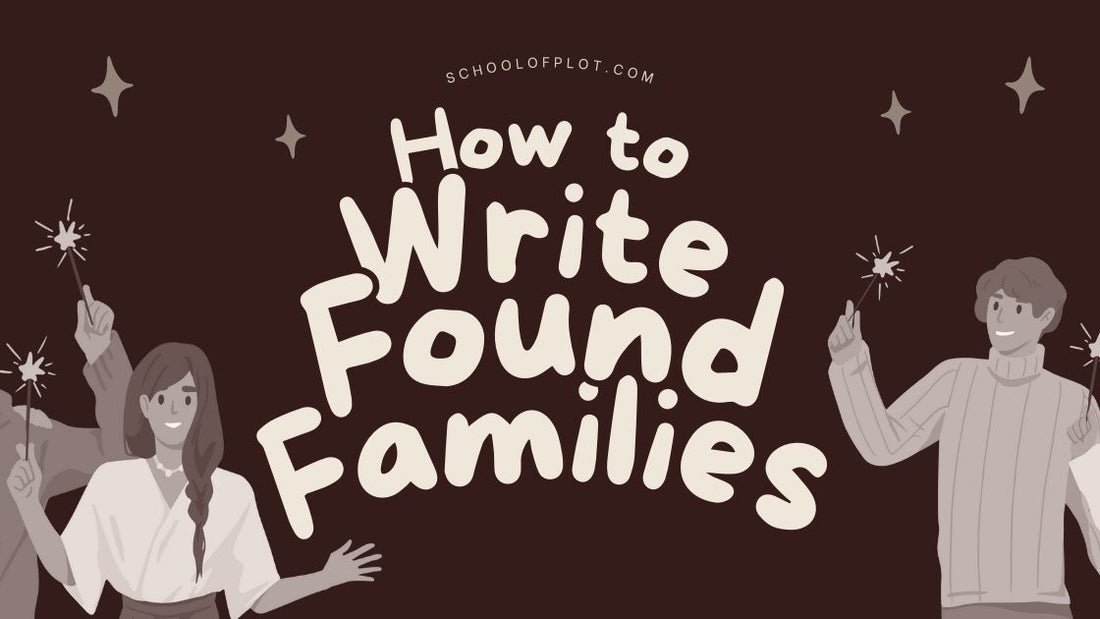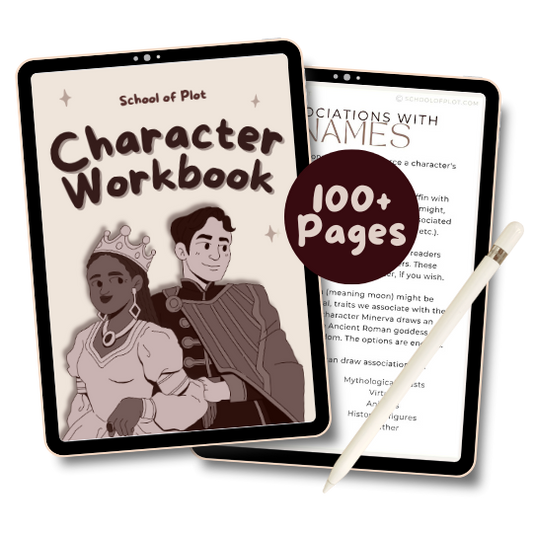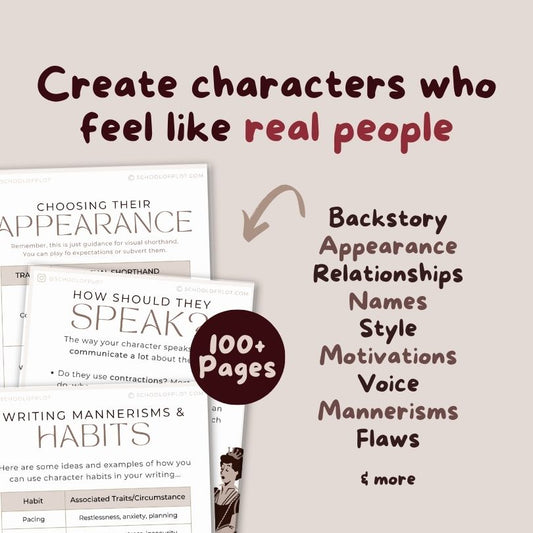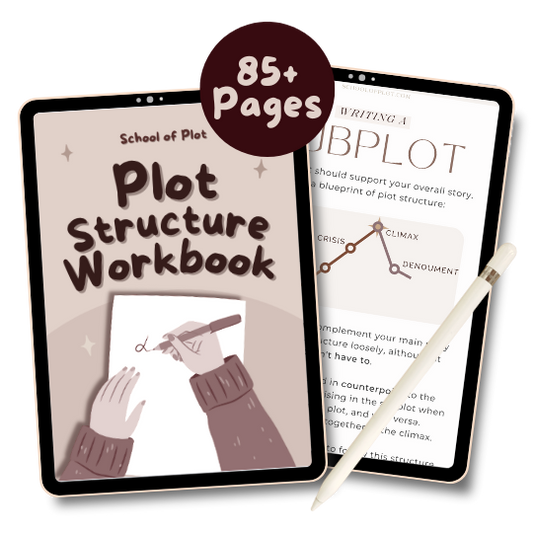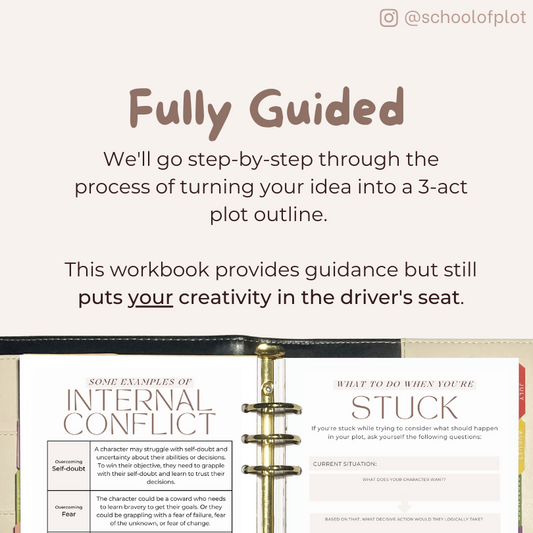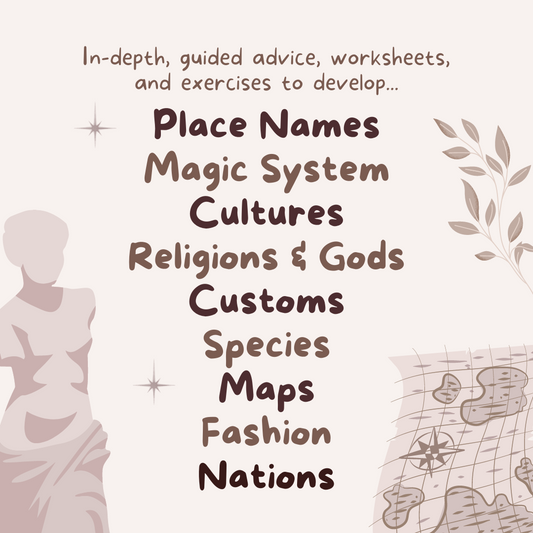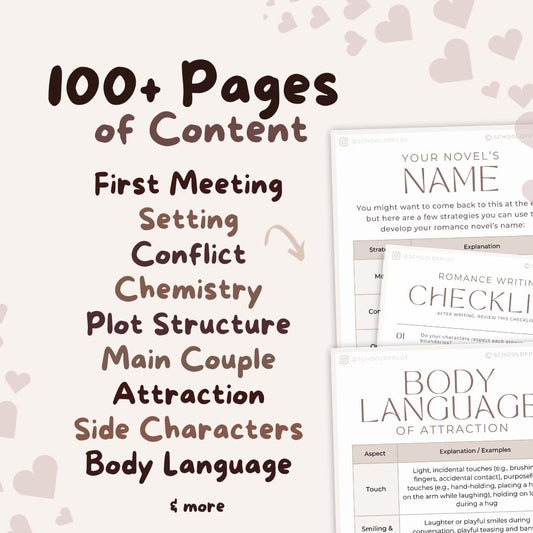The concept of "found family" refers to a group of individuals who aren’t related by blood but who grow to support and care for each other the way a family should.
They generally give each other...
- Emotional support
- Unconditional love
- Sense of belonging
- Protecting each other
- Sense of home & security
Some cases have more of a traditional family structure with members of the group taking on parent-like roles, but this isn't a prerequisite.
Group Members
Spend a bit of time getting to understand each character. Found family works well when the characters are distinct.
People will pick up and mirror things from those around them (slang, habits, etc.) but for the sake of your readers, spend a bit of time thinking of the following aspects of each group member:
- Appearance
- Demeanour
- Attitude
- Backstory
- Motivation
- Mannerisms
- Interests
- Voice
If you need some help with this, check out the Character Workbook. Because it has unlimited uses, you can use it to develop each member of your novel's found family. Use the quick reference sheets at the end for a handy way to compare each character and check that they're distinct.
Bring Them Together
Found families can stem from absolutely anywhere. Some ideas you can use for your story include:
- Sports teams
- Agents on a mission
- Runaway kids
- School misfits
- Care home residents
- Apocalypse survivors
- Summer camp kids
- Boarding school pupils
- Group of orphans
- Heist crew
- Contest rivals
- Rock band
- Circus troupe
- Housemates
- Ghost hunters
- Pirate crew
- Soldiers
- Volunteers abroad
- Questing party
- Co-workers
- Squad of fighters
Group Dynamics
Spend a bit of time getting to understand each character's role in the group.
You don't have to force traditional family roles if it feels unnatural, but consider what sort of social role they take in the group. These may include:
- Leader
- Carer
- Rebel
- Peacemaker
- Organiser
- Provider
- Protector
- Clown
- Motivator
Of course, these don't need to be strictly adhered to, and can be relatively fluid depending on moods and circumstances.
Show Good & Bad
Families bicker, fight, and sometimes have huge conflicts that split the group. Don't be shy to show moments like this. It can add tension to the plot and put pressure on characters in a way that forces them to develop and grow.
Found family ultimately hinges on love and support, so make sure to balance conflict with moments of genuine care.
Show us why these characters love each other so much. Moments of warmth, support, and levity go a long way!
Listen now on...
